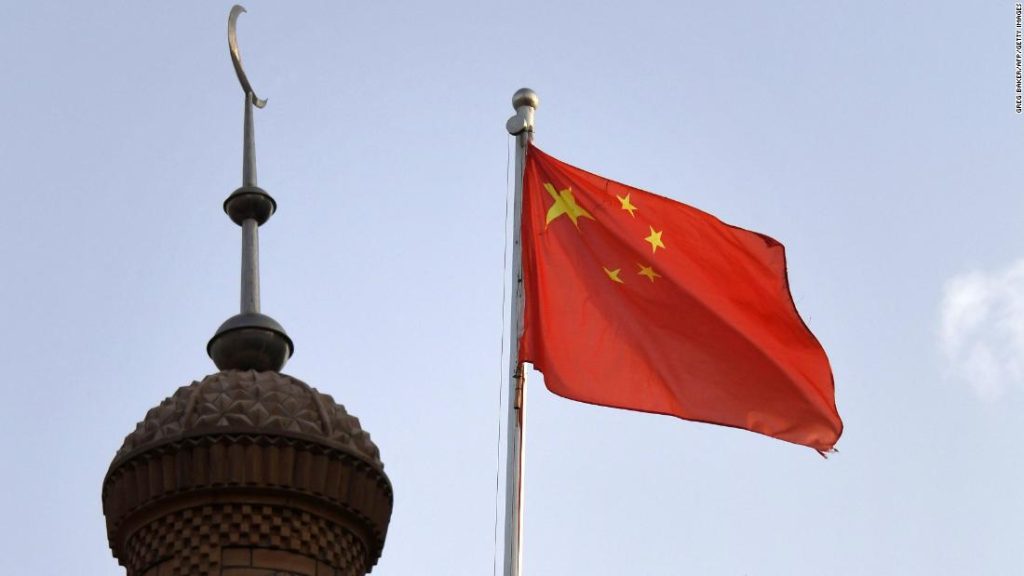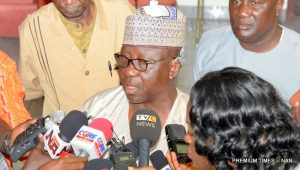A long-awaited UN report on Xinjiang is due for release. Could it be a turning point in the international response?

But since that moment in August 2018, the international community has done little on the basis of those reports within the UN: Countries in the UN’s main human rights body have not agreed to any formal call for a probe, while appeals from UN experts for China to allow for rights monitoring have been met with fierce denials of wrongdoing from Beijing and no invite for free access to come see for themselves.Now, a report by UN High Commissioner for Human Rights Michelle Bachelet, expected to be released in the next week, could bolster the push for accountability and elevate the voices of survivors and their families in a way the UN system has not previously done — creating the potential for a turning point for how the international community, and top UN officials, have handled these accounts.But all that will depend on what’s in the report, and Bachelet has already been accused by human rights groups and academic experts of being soft on Beijing after a controversial visit to China earlier this year.Releasing a strong report — and acting on it — would mean going up against China, which has amassed what multiple UN insiders and experts call significant power among countries within the UN system, built by leveraging its economic might and championing an alternative vision of human rights — as well as systematically pushing back on any effort, however small, to challenge its human rights record, including the High Commissioner’s report.What comes after the report remains uncertain. Even if a majority of countries were to vote to establish a formal probe, there’s no mechanism to compel China to comply — and a number of countries have denied UN access in other cases. Beijing has also ignored international decisions in the past, for example dismissing an international tribunal ruling against its claims in the South China Sea.”But the point is that the UN plays an important role as a catalyst in other ways,” Philip Alston, a professor of law at New York University and former UN Special Rapporteur, said. “If the report is strong, it greatly helps the Uyghur campaigns in various places around the world, it should spur at least some key governments to take a stronger stand, and it would ideally persuade the Chinese that they need to further ameliorate their policies.”For others, as the clock ticks down to its expected release, it’s also a reminder of how much time has already passed.”It’s hard to reconcile the (the UN response) with the urgency that I feel as a direct member of the family,” Asat said.”You start to question the integrity of the system as a whole, but you also must still try to find a way, ultimately, to work within the system,” she said. “Because whether we like it or not, this is the only body we have.”







